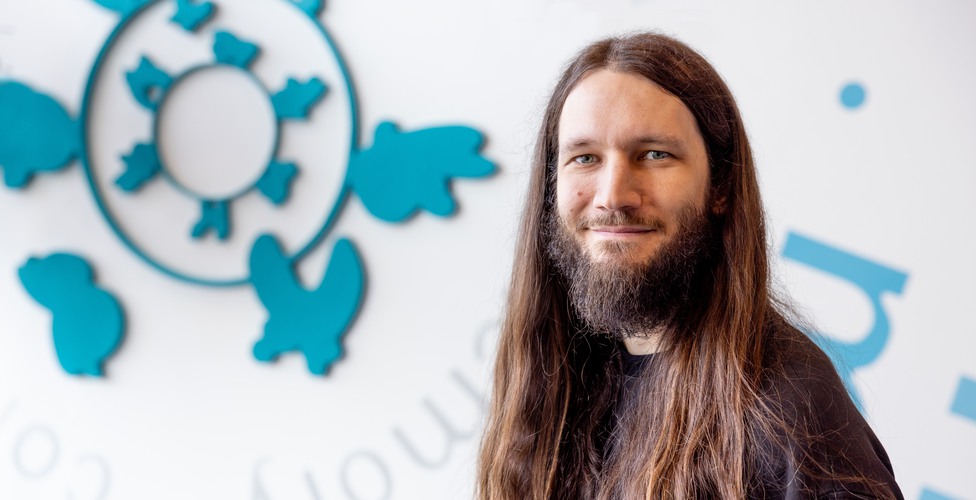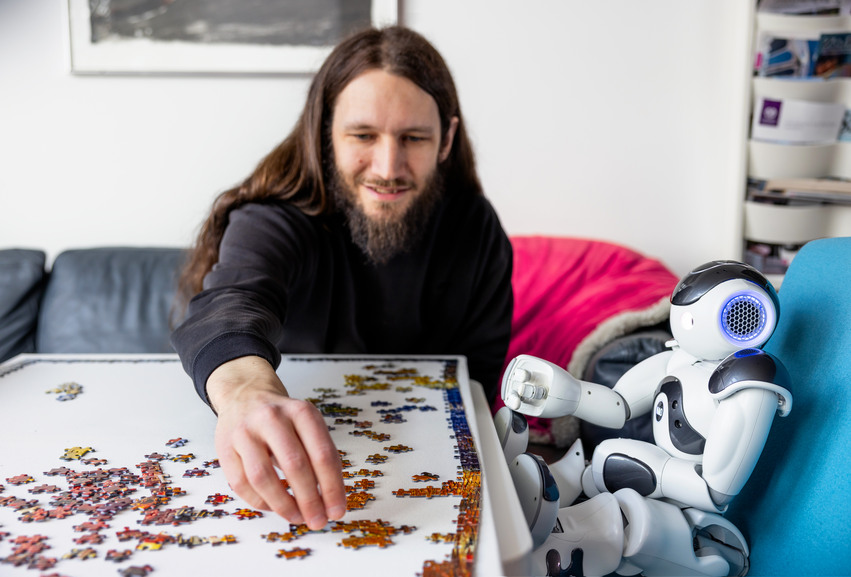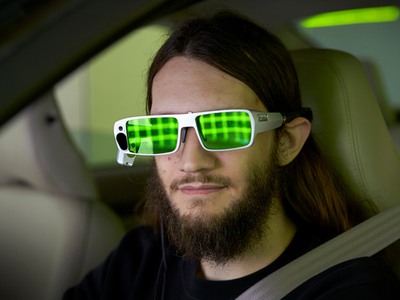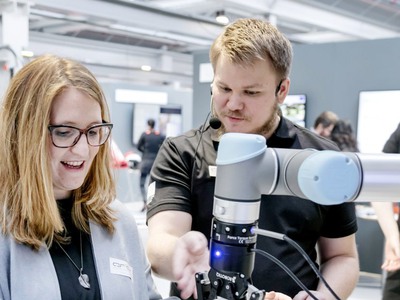How we develop and interact with technology can have significant consequences for society. However, both development and interaction are influenced by our perception of technology, which in turn depends on the situation, prior knowledge, and experiences. "By understanding different perspectives better, we can create technology that is more inclusive and useful for all," says Erik Lagerstedt, a PhD student in informatics at the University of Skövde.

Erik Lagerstedt defends his thesis "Perceiving Agents: Pluralism, interaction, and existence" on Friday, March 22.
Technology can be perceived as simple and intuitive for some, but confusing and frustrating for others, and perception can vary depending on the situation. Perception involves how we perceive, interpret, and understand our sensory impressions. Erik Lagerstedt has studied perception in relation to technology with a broad approach to capture many different perspectives. He has particularly examined technology with a more active role in interaction, such as vehicles conveying people's behaviours in traffic situations or robots that, in some sense, exhibit their behaviours.
What makes information meaningful?
"Instead of studying one aspect of how we perceive technology, I have broadened the subject further and explained how different theories and research traditions are connected," says Erik Lagerstedt.
The broad approach aims to capture aspects that otherwise tend to fall through the cracks. One of the conclusions Erik Lagerstedt draws from his research is that we need to be open to incorporating different viewpoints when designing and discussing technology.
"What constitutes meaningful information depends on the needs of the individual seeking the information and the specific circumstances of each situation. Instead of seeking a universal best perspective, model, or approach, it is more sensible to strive for diverse perspectives and to be humble about the value of alternative viewpoints."
Technology can be a double-edged sword
Erik Lagerstedt explains that technology can be somewhat of a double-edged sword when it comes to sustainability, from ecological, economic, and social perspectives. One example is how we choose to present and use technical artefacts that can have consequences for how we humans perceive each other.

Introducing humanoid robots in healthcare could be beneficial for both patients and caregivers. However, it can also lead to poorer care for patients if the robots are expected to be more capable than they are and a worse situation for caregivers who may have to deal with increased technical problems in addition to the tasks they already have. Moreover, very human activities related to caring for each other risk being degraded to something that can and should be automated.
A path to positive interaction
With a good understanding of the various perspectives in the context, the conditions improve for technology to be developed and introduced in a way that meets genuine needs and leads to positive consequences for the interaction between people and technology.
"It is not only about how such development and introduction should be done but also how the design choices make affect on who benefits from the technology both at an individual and societal level," says Erik Lagerstedt.
It is important that we understand how we influence and are influenced by both each other and the technology we use, says Erik Lagerstedt, who hopes that his research will help individuals who would otherwise not meet to communicate and see the value of each other's perspectives.
"Parts of my work will primarily be of interest to those working in design and technology development, while other parts may be more meaningful for researchers, and yet other parts can hopefully help connect academia, industry, and the rest of society closer together."
Erik Lagerstedt defends his thesis "Perceiving Agents: Pluralism, interaction, and existence" on Friday, March 22, at the University of Skövde.
Contact
Supervisor

Erik Lagerstedt
School of Informatics



